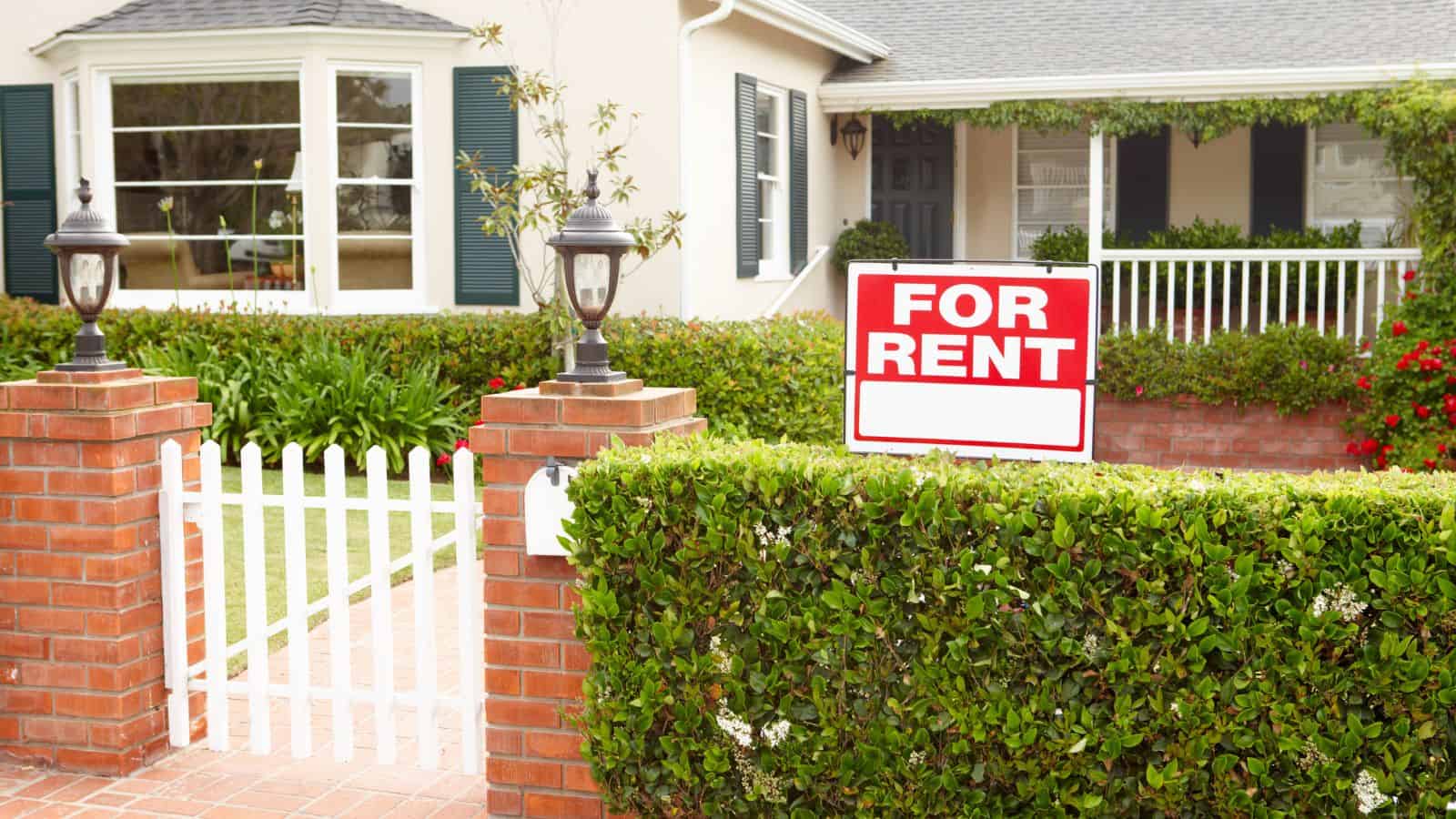Over 70 million Americans live in communities ruled by homeowners associations. HOAs are often a source of frustration for residents, who dislike their excessive and restrictive rules and aggressive board members. Here are 20 reasons why people can’t stand HOAs.
Power Struggles and Politics

HOAs are notorious for their power struggles and politics, with board members engaging in public, bitter conflicts. Board elections are often contentious and divisive, much like political elections, and HOAs are frequently hampered by egotism, power plays, and petty politics.
Lack of Transparency

HOAs are notorious for their lack of transparency, which can make homeowners feel blindsided by important decisions and unaware of rules that can lead to hefty fines. ABC 13 Houston reported that “Texas House Bill 614 went into effect on Jan. 1,” which requires HOAs to “provide property owners with a list of what is not allowed, a schedule of fines, and information on what a hearing would look like.”
Bureaucratic Red Tape

Excessive paperwork often weighs down simple requests from HOA residents, leading to long delays in approval for home improvements. This can be incredibly frustrating for homeowners and make them feel they lack control over their property.
Poor Communication

Americans living in HOAs often complain that important updates aren’t adequately communicated to the entire community. Meetings can feel inaccessible and deliberately secretive, leaving residents feeling like their voices haven’t been heard.
Limited Accountability

HOA board members are often not held responsible for the actions and decisions that affect residents. Homeowners complain about a lack of transparency in decision-making and a lack of available mechanisms to hold the board accountable.
Inefficient Conflict Resolution

HOA conflict resolution involves the association’s governing board weighing in and resolving a dispute regarding decisions, policies, and rules. Homeowners often complain that the board consistently sides with individuals they favor, leading to skewed results.
Overregulation

HOA rules, or covenants, conditions, and restrictions (CC&Rs), aim to preserve harmony and property values, but they’re known for being excessive. Most rules focus on house appearance, including paint colors, roofing and siding materials, outdoor decorations, and lawns.
Nerdwallet notes that they can also cover noise restrictions, pets, smoking, and renting out properties. These strict guidelines can leave homeowners feeling micromanaged.
Inadequate Financial Management

Some HOAs suffer from poor budgeting practices that waste homeowners’ monthly fees. Board members have been known to spend funds on unnecessary, wasteful additions to the neighborhood, which can leave insufficient reserves for emergencies and repairs.
Lack of Professional Expertise

Board members are volunteers who usually don’t get paid. While some extend their time and energy trying to improve the community, most lack professional expertise. Some boards recognize this and delegate work to a professional HOA management company.
Resistance to Change

HOA board members are often frustratingly resistant to adopting new technologies, relying on traditional practices like sending paper letters to residents instead of emails. Modernization efforts are often painstakingly slow and met with opposition.
Inconsistent Enforcement of Rules

Americans living in HOAs often complain that selectively applied rules unfairly target them and that favoritism is shown toward certain homeowners. U.S. News Real Estate explains that “HOA rules need to be enforced across the board—with every homeowner being held to the same standards consistently and fairly.”
Poor Maintenance of Common Areas

One primary purpose of an HOA collecting fees from homeowners is to finance the upkeep of the neighborhood or block of flats. Residents can feel cheated out of their fees if the common areas are poorly maintained.
Unfair Assessments

HOA assessments are one-time fees imposed to cover unexpected costs in the neighborhood. Residents often complain that they feel overburdened by these sudden additional fees and lack clarity on how the figure was decided.
Limited Community Engagement

Some HOA residents grow to resent the excessive fees, rules, and regulations that the association imposes on them, which don’t foster community spirit. A lack of initiatives to involve residents in decision-making also contributes to a sense of apathy.
Privacy Invasions

Homeowners living in HOAs often complain of the lack of privacy they feel in their homes due to policies that intrude on their personal lives. Excessive surveillance and monitoring by HOAs can leave homeowners feeling spied on.
High Fees with Poor Services

The cost of monthly fees varies between HOAs, but some can charge hundreds of dollars for poor service, with mismanaged funds leading to wasteful spending. Investopedia explains that HOAs require funds to operate but notes that “some can be quite high,” and they can vary widely from city to city.
Legal Battles

HOAs enforce community rules and can take disciplinary action, beginning with a formal warning before fines, a loss of access to community facilities, and even lawsuits. Lawsuits can be frequent and issued over minor infractions, draining community resources and leading to a hostile living environment.
Ineffective Leadership

Board members usually aren’t professionals, which can lead to inefficiency and mismanagement. Boards can suffer from a lack of vision and strategic planning, often paired with high turnover rates.
Environmental Neglect

HOAs are notoriously resistant to change, and many fail to implement sustainable practices for dealing with common areas. They often lack initiatives to promote eco-friendly living beyond basic recycling collections.
Alienation of Renters

HOAs often restrict property rentals because they believe renters feel less responsible for property maintenance. This can reduce curb appeal and property values, but their exclusion can leave renters feeling unwelcome and unable to live in HOAs.
Up Next: 20 Personal Things You Should Never Share With Others

Building meaningful connections with others requires a certain level of transparency and trust, but that doesn’t mean you have to tell your friends and family members everything! Some aspects of our lives are too personal, incriminating, or risky to share. This article explores 20 aspects of your personal life that you should always keep confidential.
20 Personal Things You Should Never Share With Others
18 Things Everyone Forgets to Include in Their Will—But Shouldn’t

Wills and estate plans are essential ways to ensure what will happen to your belongings and property when you die or are incapacitated. However, people often forget to include important information in their wills before it’s too late, complicating matters for their descendants. Here are the 18 common things people forget to include in their will.
18 Things Everyone Forgets to Include in Their Will—But Shouldn’t
18 Items at Walmart that Aren’t Worth Your Hard-Earned Money

For many of us, Walmart is the go-to superstore. Whether we need groceries, clothing, or technology, Walmart is a one-stop shop for everything you would need. However, there are some Walmart products you should avoid at all costs, such as the following 18 examples.
18 ITEMS AT WALMART THAT AREN’T WORTH YOUR HARD-EARNED MONEY
